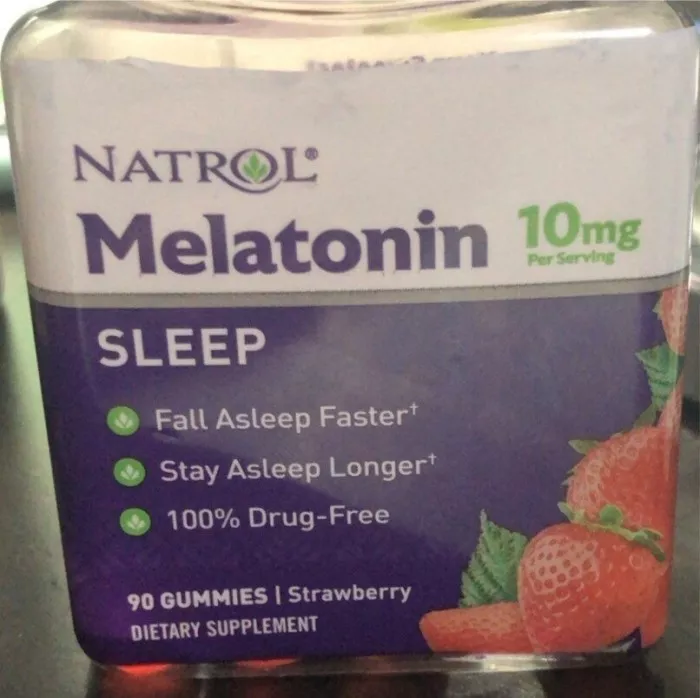Although a recent study by Cambridge University and Fudan University found that 7 hours is the ideal sleep time, many Americans sleep less than this figure. In fact, according to the data from CDC of the United States in 2014, 35.2% of adults in this country sleep less than 7 hours. Obviously, people can help themselves fall asleep faster and sleep better.

Data map
Melatonin is one of the most used health products in the United States. Among the elderly, its use has tripled in the past 20 years. However, there is no consensus on the correct dose of melatonin, and the research results on its impact on the sleep quality of the elderly are also different. Researchers from Brigham and women's Hospital conducted a study of 24 healthy elderly people to assess whether high-dose or low-dose melatonin supplements could improve sleep. The research team found that higher doses had a significant impact. Compared with placebo, the total time of sleep at night increased by more than 15 minutes, and the daytime sleep increased by half an hour. The results were published in the Journal of pipeline research.
The first author of this research paper Dr Charles Czeisler, head of Brigham's sleep and circadian disorders division, said: "As people grow older, lack of sleep becomes more common, and in view of the shortcomings of many prescription sleep aids, many elderly people report that they are taking melatonin. However, we have little evidence to show the impact of melatonin on the sleep health of the elderly. Our research provides new evidence and insights, and points out the importance of considering dose and time when referring to the effects of supplements such as melatonin, Especially among the elderly. "
The body naturally produces the hormone melatonin, which helps regulate a person's sleep wake cycle. It is reported that melatonin levels peak at night. But in the elderly, the level of this hormone is often low. Exogenous melatonin is sold over the counter and can be taken as a dietary supplement before going to bed, usually in the form of tablets or capsules.
To critically assess the efficacy of melatonin supplements, the study members focused on healthy elderly people without a history of major sleep complaints. All potential participants were screened for sleep disorders. The study included 24 participants aged 55 to 78 - 13 women and 11 men.
During the one month study, participants lived in an independent research room without windows, clocks or other time of day instructions. Participants followed a forced asynchronous scheme - instead of going through a 24-hour circadian cycle, they went through a 20-hour cycle schedule to separate the effects of rest activity from the circadian clock. This allows sleep to be scheduled either at night or during the day, but the waking time before each sleep is similar. Participants were randomly assigned to receive two weeks of placebo tablets and two weeks of low (0.3 mg) or high (5 mg) doses of melatonin, taken 30 minutes before bedtime. Researchers used a polysomnograph to record brain waves, eye movements, muscle tone and other key sleep indicators.
Results the team found that low-dose melatonin did not cause statistically significant changes in overall sleep time, and the changes were observed when sleep was scheduled during biological days. Participants taking the 5mg dose had a significant increase in total sleep time and sleep efficiency, regardless of whether sleep was scheduled during the day or at night.
The researchers point out that their study will need to replicate and use other doses of melatonin in larger trials to determine whether doses of 0.3 to 5 mg also work. The study did not include participants with severe sleep disorders, so the results of the study may not apply to people with sleep disorders.
"It is exciting to see evidence that melatonin may have an impact on the nighttime sleep of the elderly, because we know that so many elderly people have sleep disorders," said Jeanne Duffy, M.B.A., the first author of the research paper and the Department of sleep and circadian rhythm disorders. "But before taking dietary supplements, people must communicate with their attending doctor and refer them to a sleep specialist to rule out undiagnosed sleep disorders."